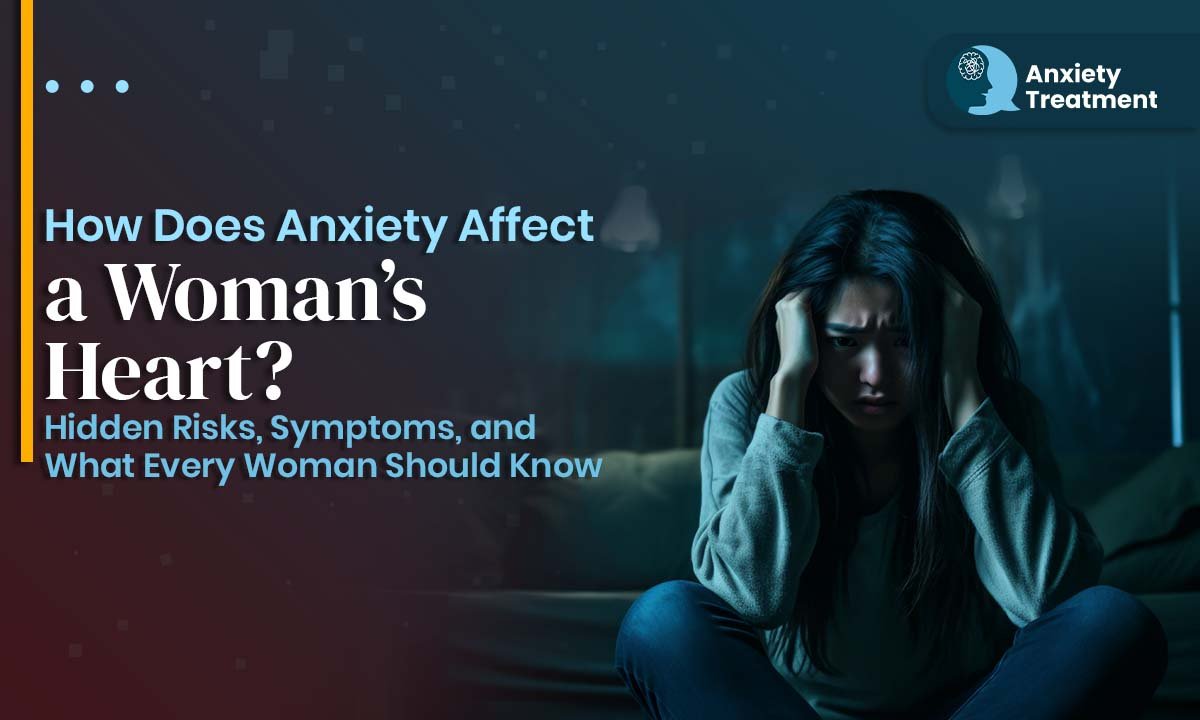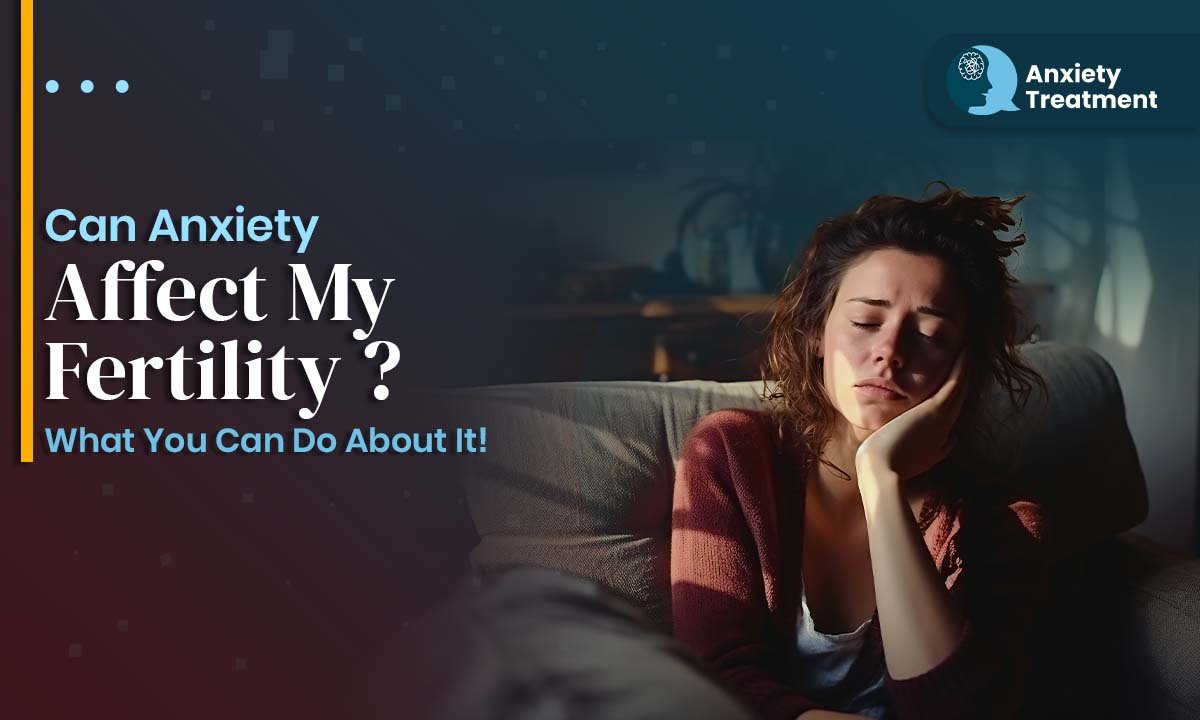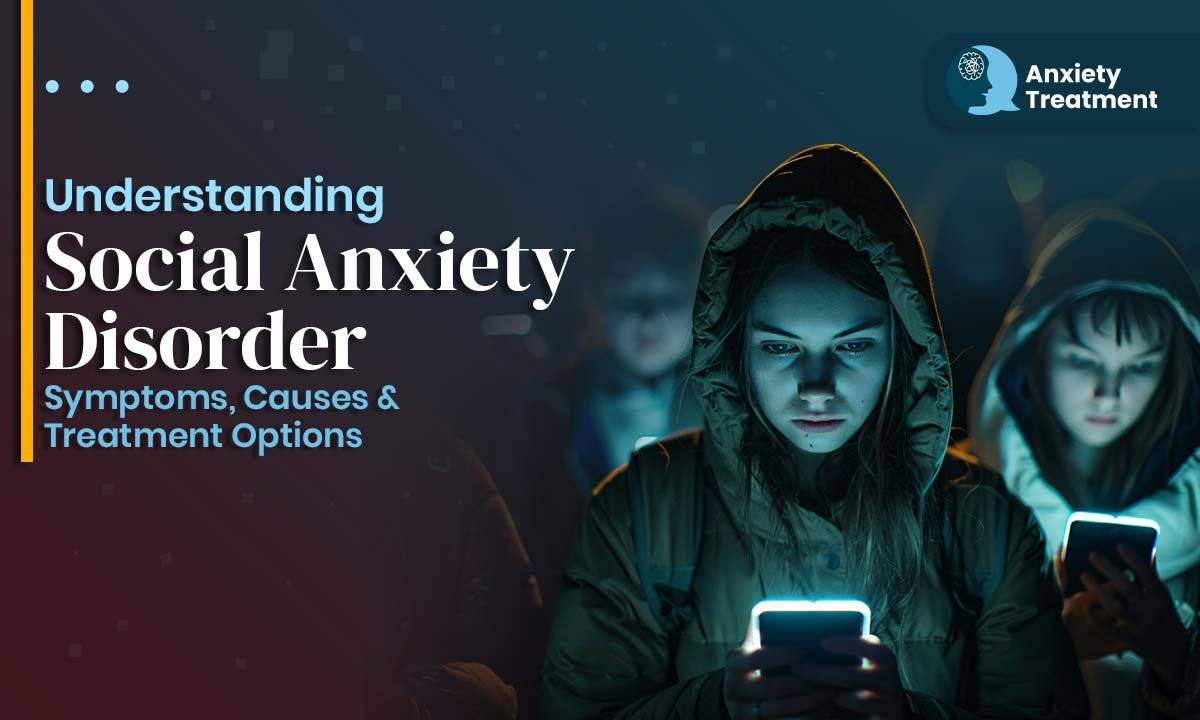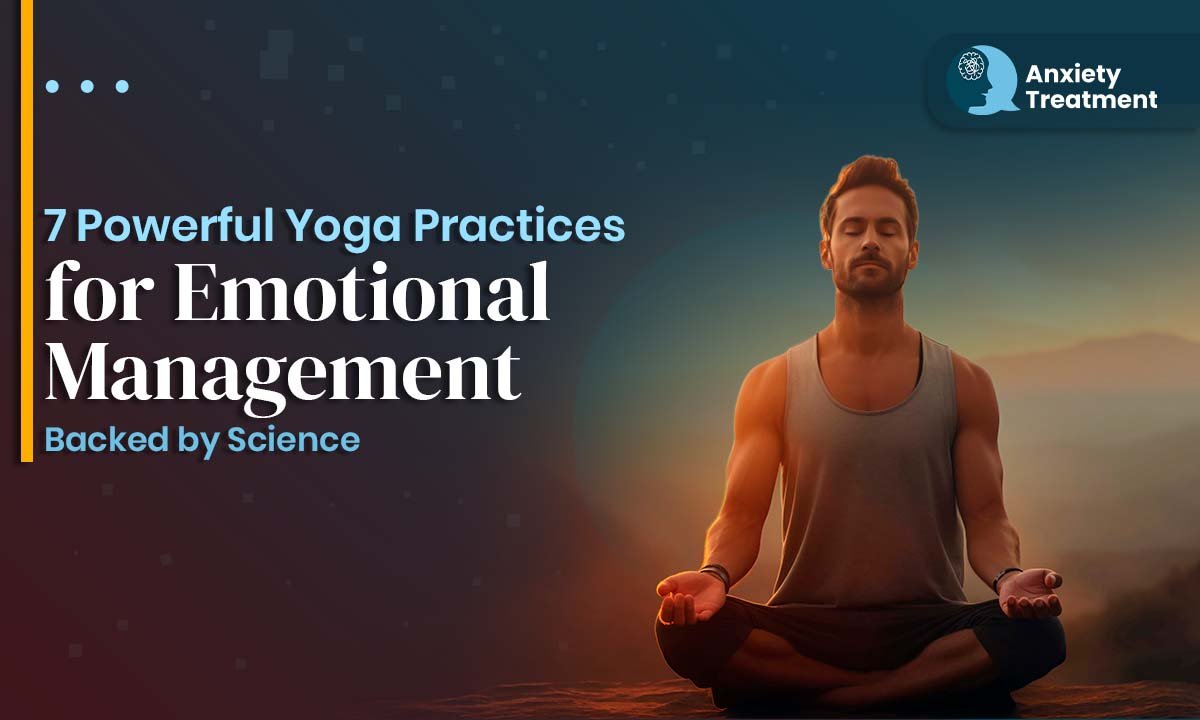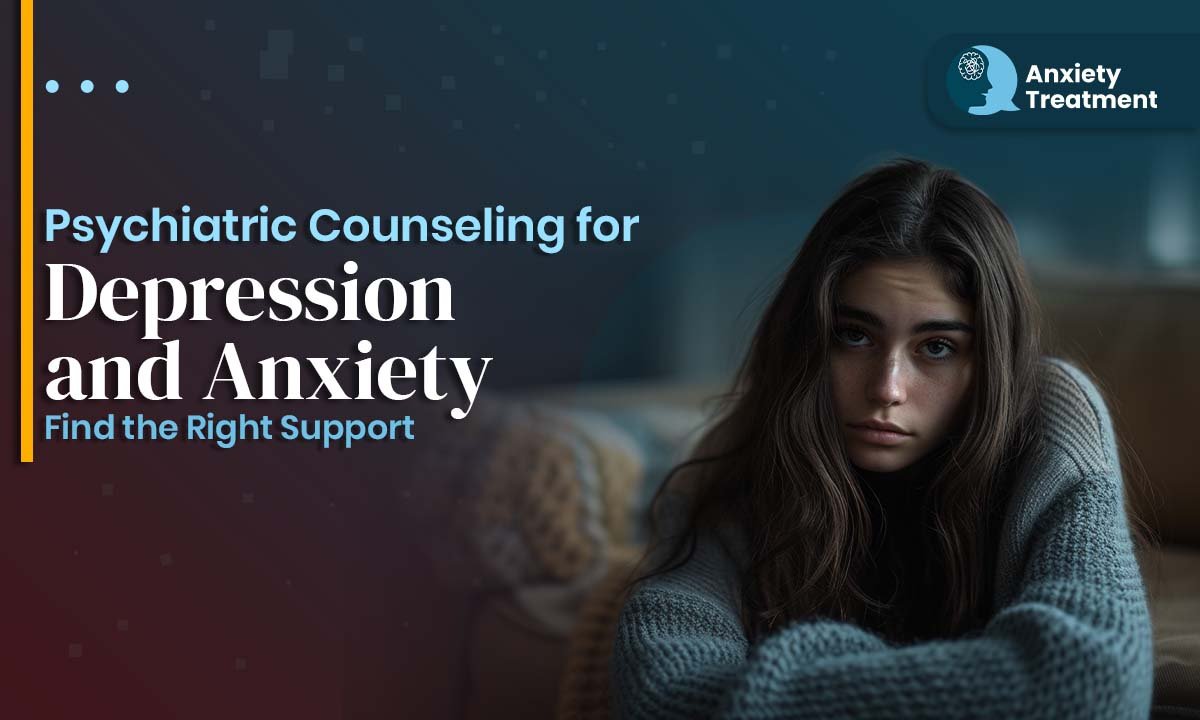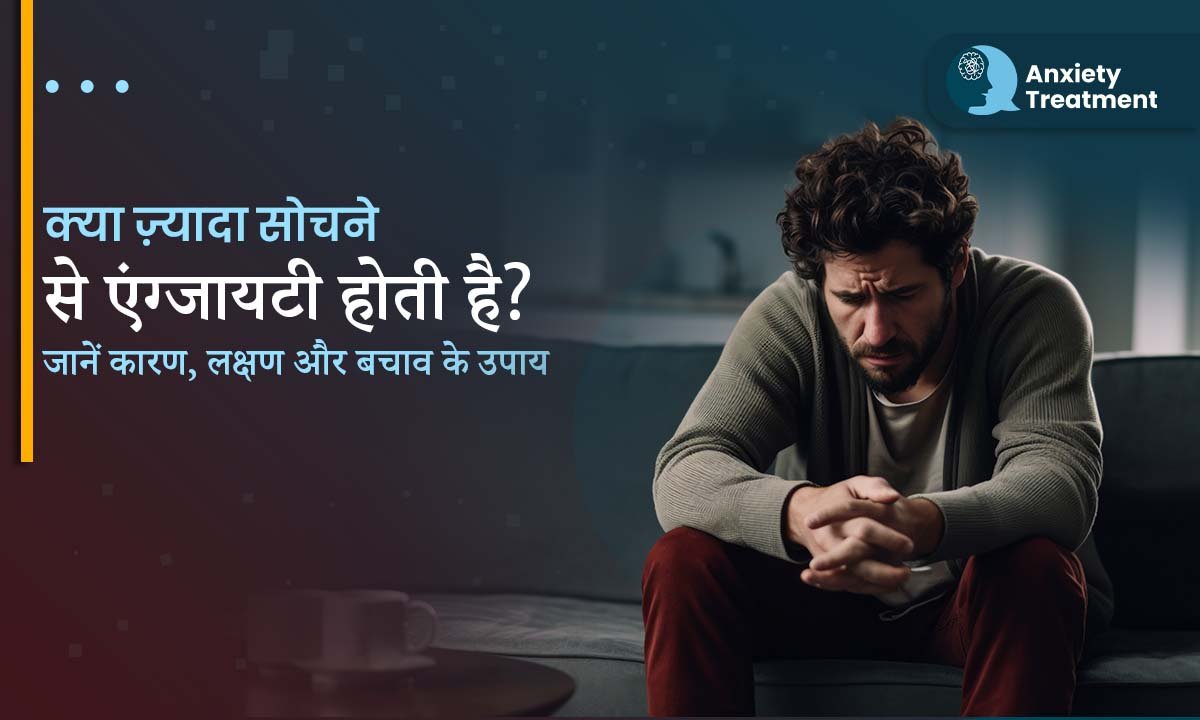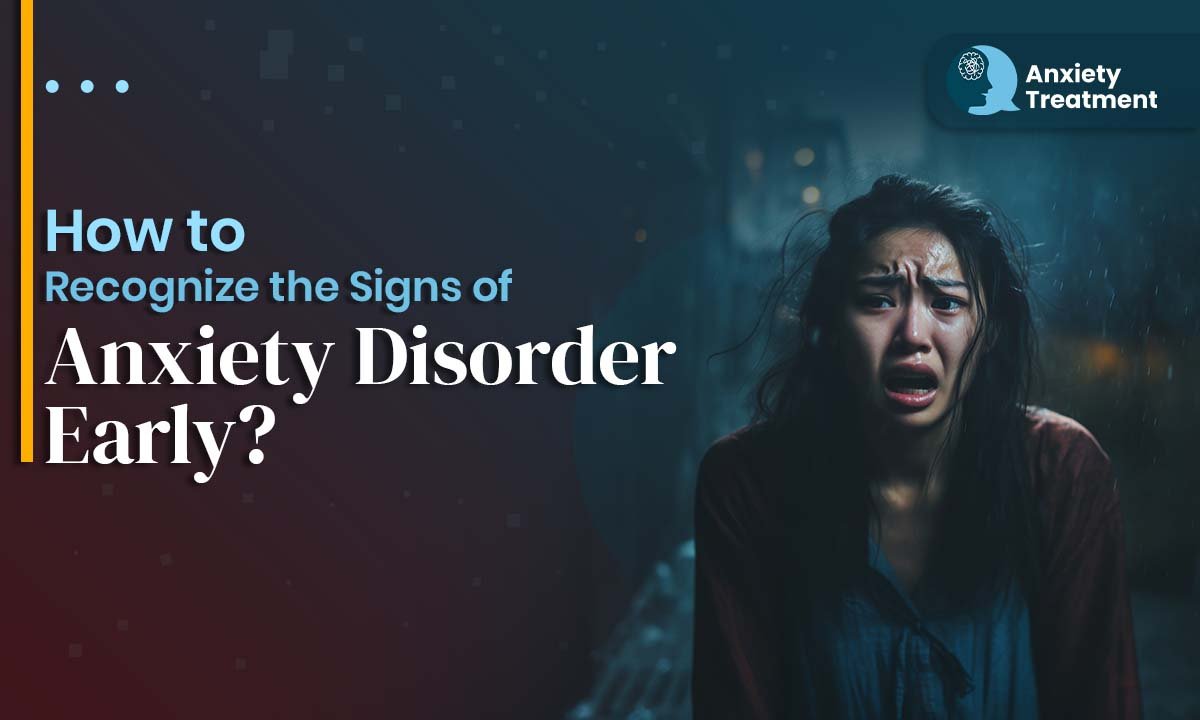Anxiety is often seen as an emotional or mental health issue. But when left unmanaged, its impact can extend far beyond the mind, especially to the heart. Women, in particular, may experience anxiety in ways that directly affect their cardiovascular system. In this blog, we’ll explore how anxiety affects a woman’s heart, the symptoms to watch for, and how to protect your heart from stress-related damage.
Understanding the Connection: Anxiety and Heart Health in Women
How does anxiety affect a woman’s heart? The answer lies in how the body responds to chronic stress. Anxiety activates the body's fight-or-flight system, releasing stress hormones like adrenaline and cortisol. While this response helps in short-term stressful situations, prolonged exposure to stress hormones like adrenaline and cortisol can strain and eventually damage the cardiovascular system
In women, this connection is even more complex due to biological and hormonal differences. Fluctuating estrogen levels, especially during menstruation, pregnancy, or menopause, can influence how women respond to stress, increasing heart rate and blood pressure, and causing symptoms that mimic heart conditions. In simple terms, anxiety and heart health in women are deeply interconnected and understanding this link can save lives.
Common anxiety related heart symptoms in women
Many women experiencing anxiety are surprised to learn that their symptoms aren’t just “in their head.” Anxiety can cause a range of physical sensations that directly affect the heart. These symptoms often overlap with heart disease, making it essential to understand the signs.
- Rapid heartbeat or palpitations
- Chest tightness or pain
- Shortness of breath, even at rest
- Dizziness or lightheadedness
- A sense of impending doom or panic
While these may feel like signs of a heart attack, they are often caused by anxiety. However, it’s crucial not to ignore them. Always seek medical attention if you experience new or severe symptoms.Can anxiety cause heart problems in females? Yes, and distinguishing between anxiety and a heart issue can be life-saving.
Can Anxiety Cause Heart Problems in Females?
Yes, and this is a question doctors are paying more attention to. While anxiety itself doesn’t directly “cause” heart disease, it contributes significantly to its development and progression.
Here’s how :
- Chronic stress raises blood pressure and heart rate over time, increasing strain on the cardiovascular system.
- Anxiety increases inflammation, a known contributor to heart disease.
- Behavioral patterns like poor sleep, emotional eating, or lack of exercise common in anxious individuals can compound heart risks.
Additionally, women are more prone to a condition called stress cardiomyopathy, also known as “broken heart syndrome.” This occurs when extreme emotional stress causes sudden heart muscle weakness, mimicking a heart attack.Though often temporary, it’s a serious reminder of how emotions can affect physical heart function.
Why Are Women More Vulnerable ?
Several factors contribute to the increased heart impact of anxiety in women :
1. Hormonal fluctuations:
Changes in estrogen and progesterone affect how stress is processed physically and emotionally.
2. Social and emotional roles:
Women often balance caregiving, careers, and household responsibilities, increasing stress load.
3. Underdiagnosed symptoms:
Women’s heart symptoms are often more subtle and dismissed as emotional or anxiety-related even when they’re cardiovascular in nature.
Because of this, women are more likely to suffer silent heart attacks or delay seeking care. Understanding anxiety heart symptoms in women is vital for early detection and prevention.
How to Protect Your Heart from Anxiety
The good news? Anxiety and its impact on your heart can be managed with proactive strategies and lifestyle changes. Here’s how to protect both your mental and physical health:
1. Practice stress reduction techniques daily
Mindfulness, deep breathing, yoga, and progressive muscle relaxation can lower heart rate and reduce anxiety naturally.
2. Stay physically active
Exercise improves heart function and releases endorphins that help counteract stress.
3. Limit stimulants and alcohol
Too much caffeine or alcohol can worsen anxiety and increase heart rate or palpitations.
4. Seek professional help
Cognitive Behavioral Therapy (CBT) , counseling, and medication (when necessary) can treat anxiety and reduce long-term health risks.
5. Listen to your body
If you feel persistent chest pain, dizziness, or shortness of breath, don’t assume it’s “just anxiety.”Get evaluated to rule out cardiac issues.
Final Thoughts
So,how does anxiety affect a woman’s heart? In more ways than many people realize. From temporary palpitations to long-term cardiovascular risks, unmanaged anxiety can place immense pressure on the female heart. But with the right awareness,care, and action, these risks can be reduced significantly.
If you're a woman experiencing symptoms like rapid heartbeat, chest discomfort, or intense emotional stress, don’t ignore them. Understanding the connection between anxiety and heart health in women could be the key to protecting not just your peace of mind but your life.

